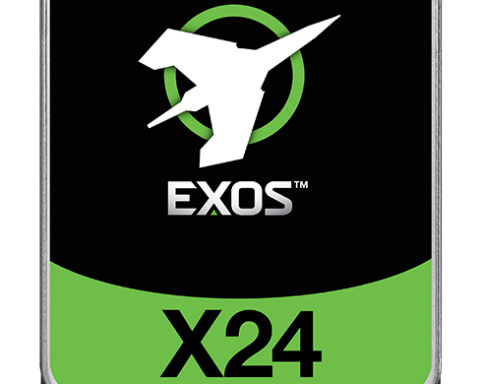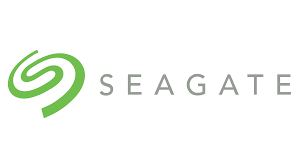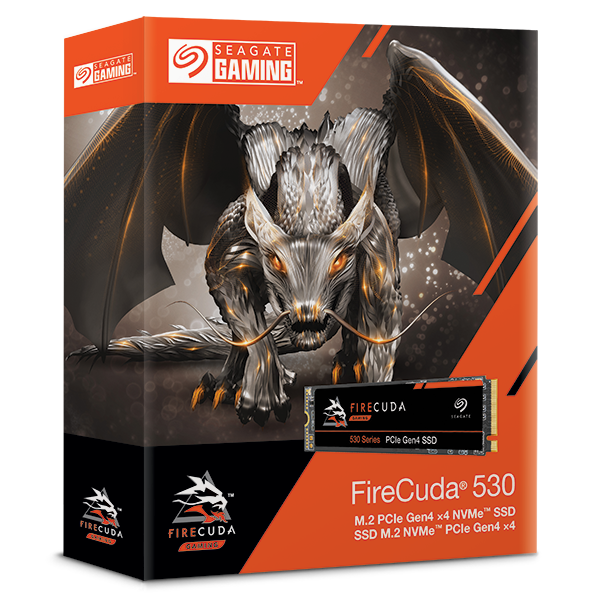Seagate Technology plc (NASDAQ: STX), a world leader in storage solutions, and Avago Technologies Limited (NASDAQ: AVGO), a leading semiconductor device supplier to the enterprise storage, wired, wireless and industrial end markets, announced that they have entered into a definitive asset purchase agreement under which Seagate will acquire the assets of LSI’s Accelerated Solutions Division (“ASD”) and Flash Components Division (“FCD”) from Avago for $450 million in cash.
The acquisition strengthens Seagate’s strategy to deliver a full suite of storage solutions, providing Seagate with established Enterprise PCIe flash and SSD controller capabilities to deliver solutions for the growing flash storage market. LSI’s ASD business, which is the second largest player in the PCIe flash space, offers a highly differentiated enterprise-grade PCIe flash solution focused on the high-growth cloud and hyperscale markets. LSI’s FCD business, led by its SandForce SF2000 and SF3700 controller products, is driving a multi-product roadmap to address volume markets.
“Seagate is committed to providing our customers with a complete range of storage solutions, and this acquisition will significantly enhance our flash storage offerings to supplement our existing portfolio,” said Steve Luczo, Seagate chairman and CEO. “LSI’s ASD business has the broadest PCIe flash product offering and intellectual property in the market today and the FCD business has best-in-class SSD controllers with proven support for a wide range of applications. This acquisition immediately boosts Seagate’s range and depth of flash storage capabilities today, and these teams bring to Seagate the expertise to accelerate our roadmap in this important and growing market.”
In fiscal 2015, Seagate would expect the combination of its enterprise SSD product line and these SSD Controller families to generate revenues of at least $150 million and be slightly accretive to the company gross margin with operating margin headwind of $30 to $40 million. As Seagate drives operational synergies and leverages its SSD technology into its product portfolio, the company would expect the operating margin contribution from its SSD business to be neutral to positive in fiscal 2016 and beyond.
The transaction is expected to close in the third quarter of calendar year 2014, subject to the satisfaction of customary closing conditions and the receipt of certain regulatory approvals, including those required by the Hart-Scott-Rodino Antitrust Improvements Act.






